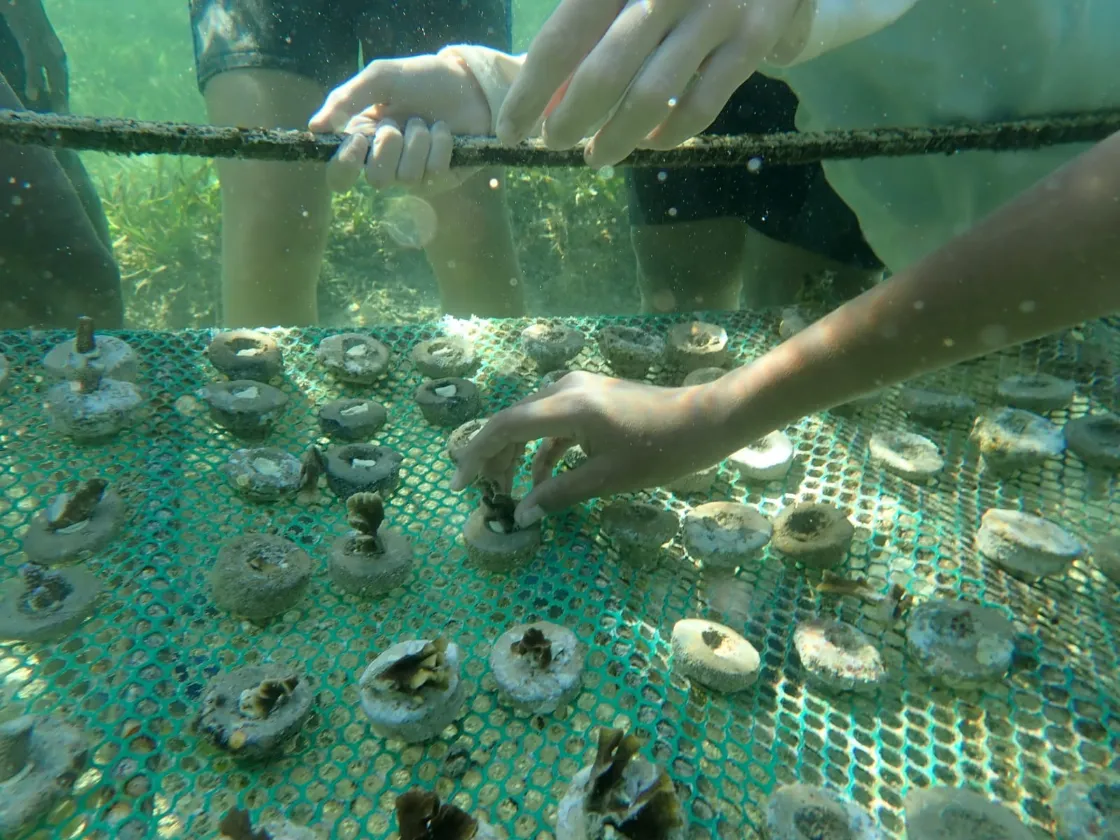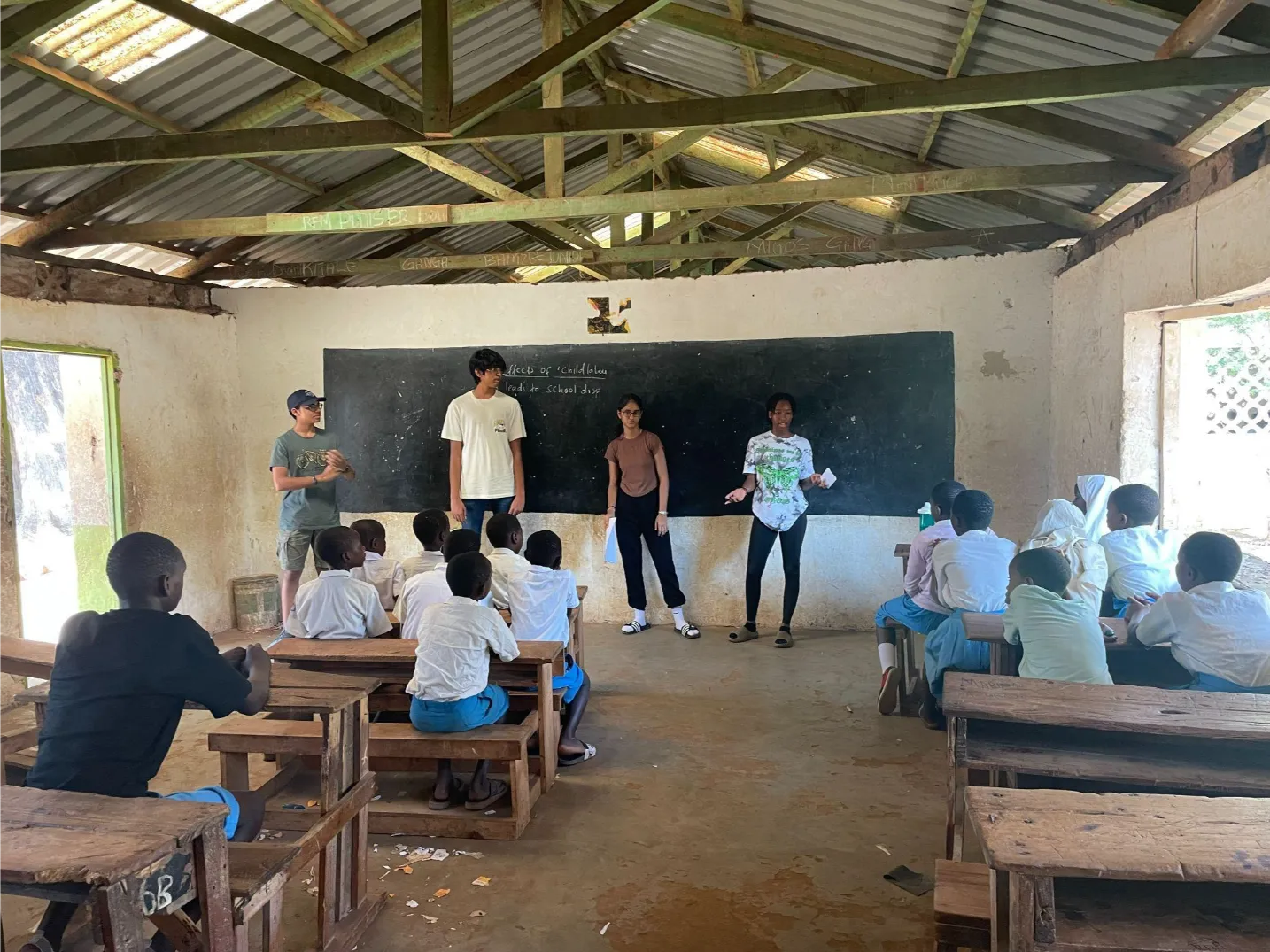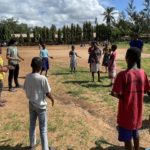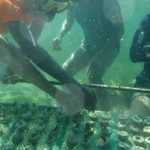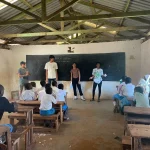Teacher: Alison Hampshire
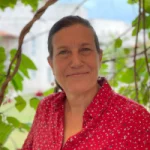
Alison Hampshire
Alison has been a teacher for over 30 years and is an experienced school leader who has worked in the UK, Africa, and Asia. She believes that students need to be intentionally taught about the environmental and other challenges local communities people face and how to work with others to implement sustainable projects that will improve the lives of others. As the Head of the Academy in Mombasa, together with her team, she embedded Service Learning in the curriculum as a central element of an Academy education to develop the skills, knowledge and dispositions required for students to make a sustainable difference in the world. The Service Learning Programme at the Academy involves every teacher and student participating in a project that benefits the community.
Usefull links related to the Solution
Overview
The Aga Khan Foundation Academy Mombasa is situated on the Kenyan coast, on the doorstep of the Kenyan National Marine Park. The local coastal communities in the area rely heavily on tourism related to the park and marine conservation is therefore crucial for the economic sustainability of people living in the area. In addition, the coral reefs protect the coastline from storms and erosion and are also a source of food for local people. Sadly, the impact of climate change on the Kenyan coast is now obvious; with high levels of bleaching and the death of large sections of coral. This project aims to tackle these issues by restoring areas of coral reef and by educating local communities about marine conservation.
Theory of Change
Marine conservation requires local buy-in to be successful. This solution therefore involves both students and the wider community taking ownership of coral gardening and replanting initiatives. The long-term success of the project is further assured because by educating local children about the impact of climate change on their environment they can become the solution in the future.
Approach and Actions
Alison has led the school in embedding service learning into the curriculum. This learning provides students with the skills, knowledge and dispositions required to make a sustainable difference in the world. The Marine Conservation project was started as a student-led service learning project in 2021 with an education programme that the students took to a partner school. The programme focused on educating students on the importance of conserving coral reefs and also had a hands-on approach to conservation with students taking part in actively growing coral- by creating ‘coral tables’- which were later transferred to the reef.
The students took part in transferring the coral to the reef, this was an important element of the project as it provided an opportunity for the students to build an appreciation for the ocean and its biodiversity- for some students it was their first time in the ocean. Interacting so actively with the reef enabled the students to speak passionately about marine stewardship and therefore to successfully teach the importance of marine conservation to the wider community. The students in the partner school were also provided with mentoring and were encouraged to develop their own sustainable projects. The programme also involved Aga Khan Academy students taking on responsibility for managing the project budget and writing progress reports for their beneficiaries. Tofurther raise wider awareness of the marine conservation programme the students organised beach clean-ups.
Impact
The two most important impacts of the project are that hundreds of new corals have been replanted in the National Marine Park and the local community’s knowledge of marine conservation has increased. The feedback from different stakeholders involved in the project has been positive with students and community members both stating that the project has improved their understanding of the marine ecosystem as well as how coral grows.
More generally students developed a deeper love of and understanding of their environment and because of this, they are better able to advocate for its conservation. They also learnt the importance of speaking the local language and of working with local partners (NGOs, government organisations and local communities) to ensure the project is sustainable. The project currently involves working with seven local schools as partners to increase the coral gardening and replanting.


